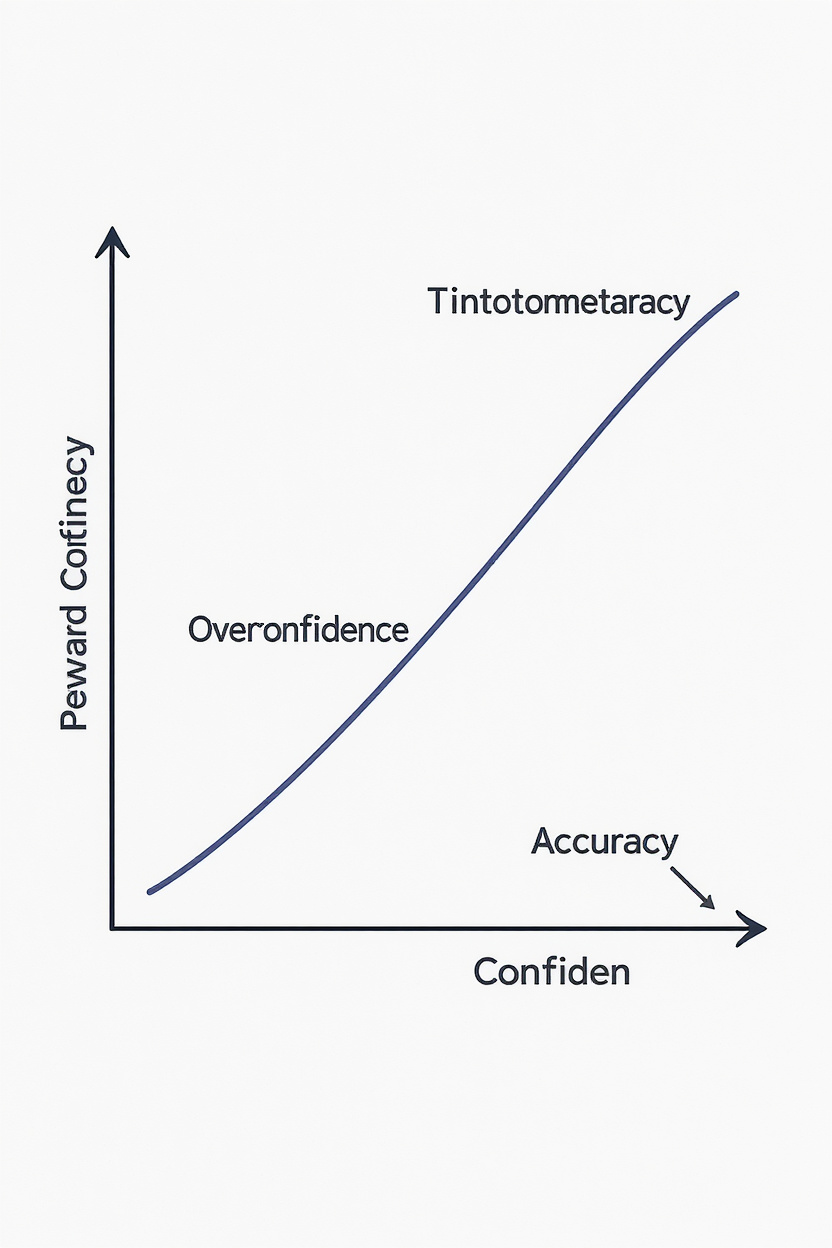Tech Companies Now Hiring ‘All-Knowing Sorcerers’ to Babysit Machines Smarter Than You
In a bold move to ensure humanity’s continued dependence on unexplainable wizardry, businesses everywhere are scrambling to hire machine learning engineers—otherwise known as modern-day Gandalf wannabes—to build and babysit algorithms that might one day replace us… or at least send us a reminder to buy milk before the fridge judges us.
Automation is the future, folks, and the corporate world is officially obsessed with finding people smart enough to create machines smarter than themselves. “We’re looking for someone who can not only decode the mysteries of AI,” said Linda Corporate, a hiring manager at TechBro, Inc., “but also act like this was their plan all along when the machines eventually take over and start running HR.”
The role, we’re told, is essential because automation is now the holy grail of productivity. After all, what better way to maximize efficiency than to replace human decision-making with the cold, unfeeling logic of an algorithm that probably “learned” ethics from a dataset consisting of memes, Reddit threads, and Facebook behavior during election years?
“We need someone who can develop tools that work faster and better than humans,” Corporate added, “but who’ll also remain humble enough to not realize they’re coding their own obsolescence.”
To help companies find the perfect human brain to train the machines that will inevitably develop superiority complexes, Tech Bros United has rolled out a customizable hiring kit. Candidates must have qualifications such as “extensive experience in Python,” “an enthusiasm for mathematic complexities no one asked for,” and most importantly, “a strong willingness to accept blame when the algorithm misgenders the CEO’s cat during a video conference demo.”
“The skills required are monumental,” said AI consultant Dr. Alan Compute, who allegedly once got into an argument with ChatGPT and lost. “Companies need engineers capable of not only understanding the nuances of deep neural networks but also soothing executives who demand, ‘Why can’t this thing just do the thinking for me already?’”
But, let’s not forget the ethical component! Machine learning engineers are also expected to keep automation in check, ensuring it doesn’t do anything “bad” like accidentally suggest buying weapons-grade uranium because the online shopping data wasn’t sanitized. No pressure, right? “We all remember when an algorithm recommended a book titled *DIY Black Hat Hacking for Fun and Corporate Espionage*,” said Compute. “We can’t have that again.”
Fictional industry insiders, however, aren’t all convinced. “An engineer’s job sounds glamorous, but it’s mostly hours of training machines to recognize cats on the internet while hoping that one day, someone will notice the brilliance,” said Ada Debug, a senior coder with a slight vendetta against facial recognition software that apparently doesn’t recognize her face.
Still, companies insist on characterizing these jobs as THE career opportunity of the decade—a high-stakes role where you get to shape the future of technology while constantly Googling “What even is blockchain?”
And let’s not forget the perks! Engineers are promised generous salaries, open-concept workspaces where you can overhear Kevin explaining Bitcoin to every new hire, and free artisanal kombucha in the break room. Vacation benefits include trips to conferences where you’ll stare at PowerPoint slides with obscure graphs, trying to decipher why that one co-worker always needs their axes labeled backwards.
So, if you’ve got the skills, patience, and sheer ignorance of impending AI doom required for this role, congratulations! You, too, might land a gig that involves automating humanity’s last shred of relevance.
As Linda Corporate put it: “If you love playing God but are also capable of fixing a coding error at 2 a.m. because some machine mistook ‘dog’ for ‘donut,’ this is the career for you. Welcome to the future.”





